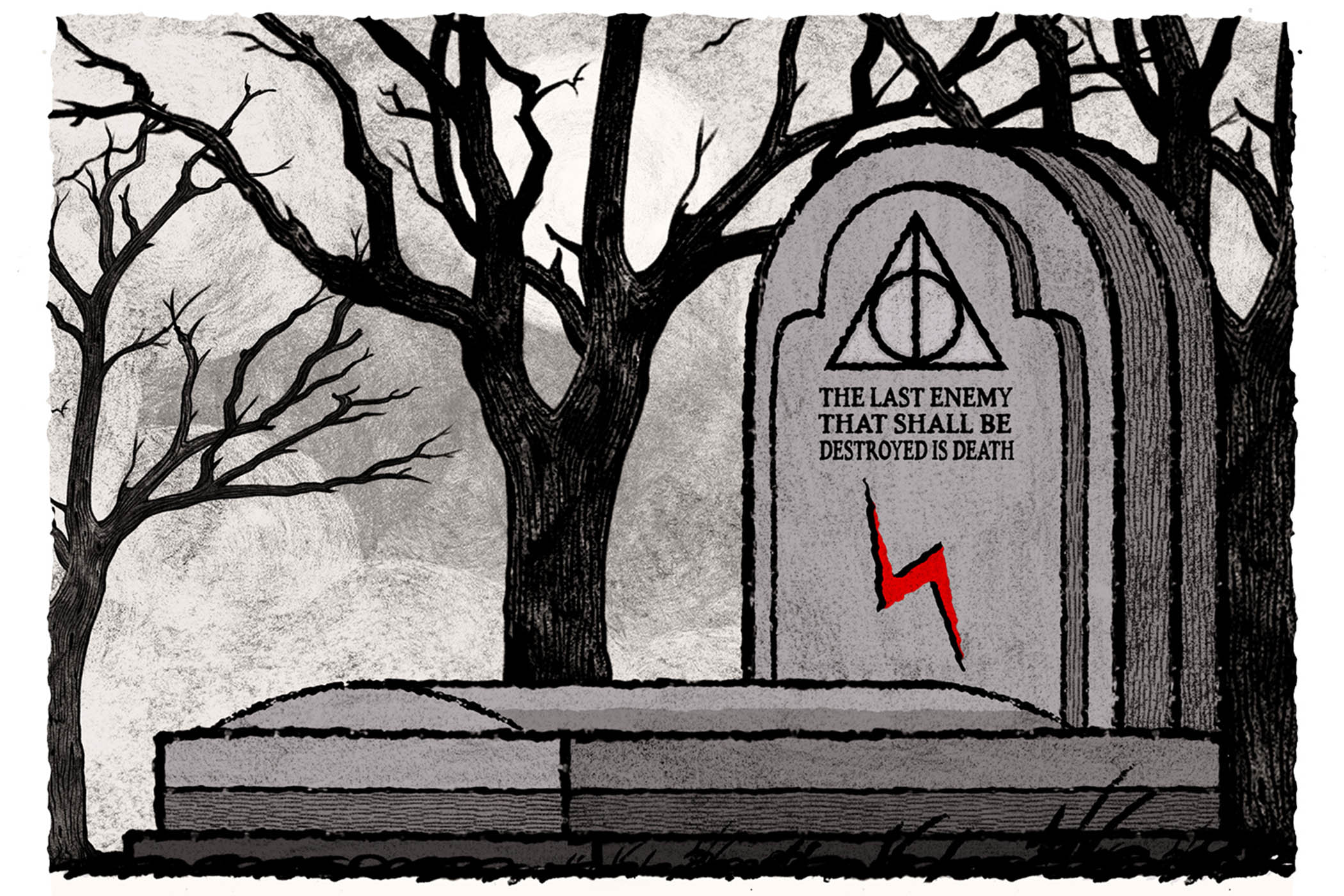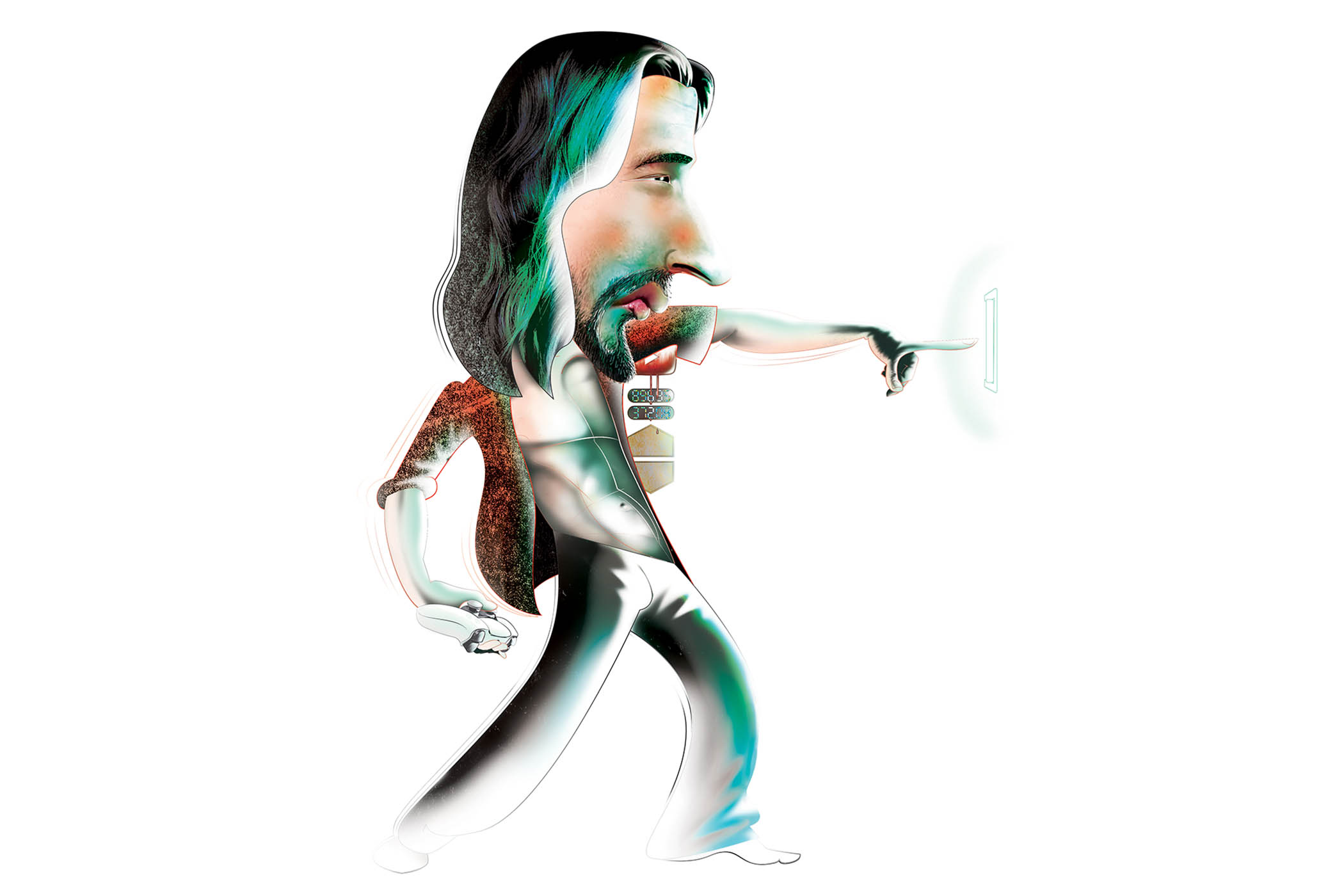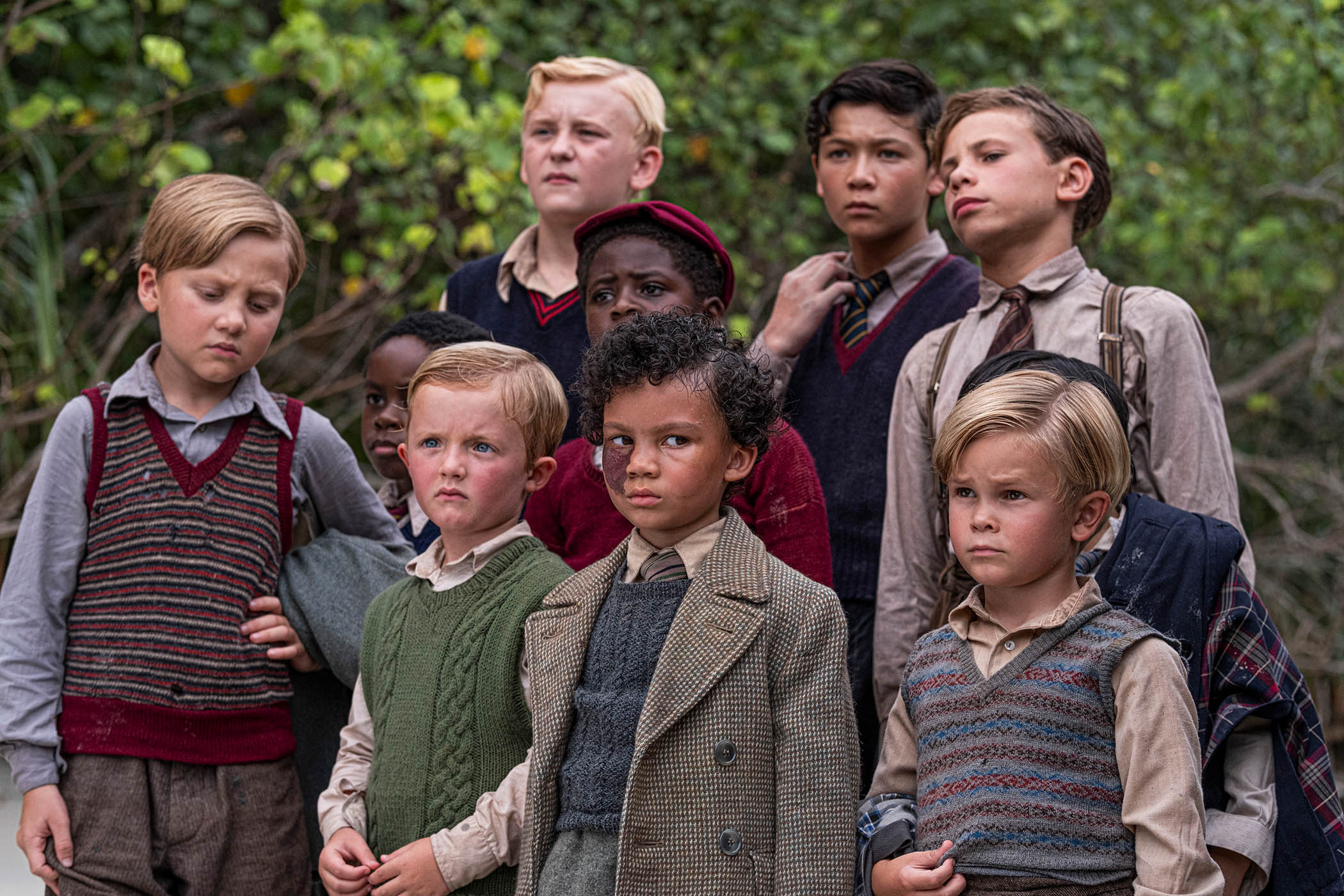Illustration by David Foldvari
There are some things in life that never truly leave us. Relics of an earlier time, things we might want to move on from but, for one reason or another, can’t seem to manage to lock away in a drawer and leave to rot. Like memories, or scars, or the Wizarding World of Harry Potter.
The first book in the series, Harry Potter and the Philosopher’s Stone, was published in June 1997. That’s nearly 30 years ago. But we still haven’t moved on from it. Instead, we’ve created a nostalgia loop whereby we continue to remake Pottermania products and ignore the growing chasm between the source material and what it represents today, trying desperately to recapture some sort of pre-millennium youth and optimism against all evidence to the contrary.
I should probably admit that, as a child, I was a Harry Potter superfan. I had Harry Potter stationery and a crush on Draco Malfoy. I was a paid-up nerd. As an adult, I frequently find myself drawn back kicking and screaming to this time in my life, because often I will read something, inexplicably, new about Harry Potter – and my eyes will roll so far into the back of my skull that one day they’ll get stuck there and I won’t have to read about it any more.
For instance: news that this summer the current crop of Britain’s thespian class headed into the studio to re-record all seven Harry Potter titles, a series of books that already have audio versions recorded by Stephen Fry. The new audiobook project, under the confusing umbrella name of Harry Potter: The Full-Cast Audio Editions, star Matthew Macfadyen as Lord Voldemort, Kit Harington as Professor Lockhart, Keira Knightley as Professor Umbridge and Simon Pegg as Arthur Weasley. The first instalment will come out this November, with the last book, Harry Potter and the Deathly Hallows, released in May next year.
Newsletters
Choose the newsletters you want to receive
View more
For information about how The Observer protects your data, read our Privacy Policy
But don’t worry, that’s not all! There’s also HBO’s forthcoming TV adaptation, which occasionally features actors reprising their original roles (Warwick Davis is returning to play Professor Flitwick) and costume and set design that directly copies from the original 2000s films. If you’re in London, you can always – always! – catch Harry Potter and the Cursed Child in theatres, somehow still running and set to continue to run long after nuclear winter reduces London to nothing but dust, cockroaches and Harry Potter memorabilia shops.
Or, in a few years’ time, you can experience the unadulterated joy of travelling to Universal Studios in Bedford, a multi-billion-pound theme park set to feature … the exact same Harry Potter-themed rides you can get in America. If you’re struggling to be patient enough for that, fear not: there’s always a tour of the Warner Bros set near Watford, or the ability to pose in King’s Cross station as if you’re running into a wall.
This is just the surface-level madness, by the way. Look beneath and it’s so much worse. The tendrils of the Harry Potter industrial complex now stretch far beyond the source material. An encyclopedia of sexually explicit Harry Potter fanfiction has transformed the publishing industry. This is partly why we have a romantasy market worth an estimated $610m, and why the book Alchemised by SenLinYu is being adapted for screen for a seven-figure sum. (Alchemised began life as Manacled, an X-rated fanfiction that imagined Draco Malfoy and Hermione Granger in a BDSM relationship.)
At this point, you may be asking yourself, and justifiably so: what the fuck is all this for? Who is asking for this? Who, in the year of our lord 2025, wants more of the Wizarding World? Some people within the Harry Potter universe, which I resolutely refuse to refer to as the “Potterverse”, would have you believe it’s for the good of the children. It all continues to exist so children can experience the same magic that millennials did when we were younger and more naive, and would settle down in our Irish homes to enjoy stories set at an English boarding school in which the only Irish character is known for blowing everything up. (OK, fine, that last one might be just a me issue.)
We are in middle age now and the worst of us still identify as Hufflepuffs
We are in middle age now and the worst of us still identify as Hufflepuffs
I think this is underselling the children of today. They’re cooler than all of this. They want Minecraft! And Slime! And Discord! They don’t want wands! The truth is, sadly, it’s their parents who can’t let go.
Millennials are often unfairly blamed for generational decline, but this is one of the few occasions where the criticism is justified. We are in middle age now and the worst of us are still self-identifying as Hufflepuffs, smiling slack-jawed when Tom Felton appears on yet another red carpet, gushing about the opportunities that being Draco Malfoy has gifted him. (The only dignified people in the whole universe are the actors who played the original trio of Harry, Hermione and Ron, who have had the good sense to stay well away from this endless Harry Potter Derangement Syndrome.)
When the term “nostalgia” was coined, doctors treated it like it was an illness. In the late 17th century, the Swiss physician Johannes Hofer thought nostalgia was a pathological homesickness for an imagined homeland; an inherently conservative, backwards-looking condition. Hofer treated his nostalgics as patients, making notes on their declining wellbeing and growing obsession with the past. Bit much? Sure, but also ... maybe he was right.
So much of our present culture, particularly in the UK, is a rehash of past successes: the touring bands are from the 1990s; the fashion cyclical; the politics stuck in the early 1980s. Is it any wonder that in that environment, some people refuse to let Harry Potter go?
Unless we call time now, we’re going to be forced to endure Harry Potter spin-off content in perpetuity. Harry faces a future where he becomes a new Paddington, the totem rolled out to promote anything vaguely British, even though everyone is sick of looking at him.
A generation ago, Harry Potter was The Boy Who Lived. It’s time to let him die.



